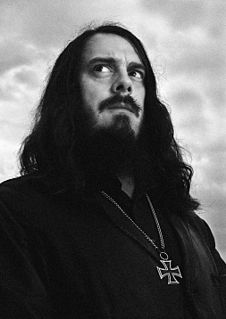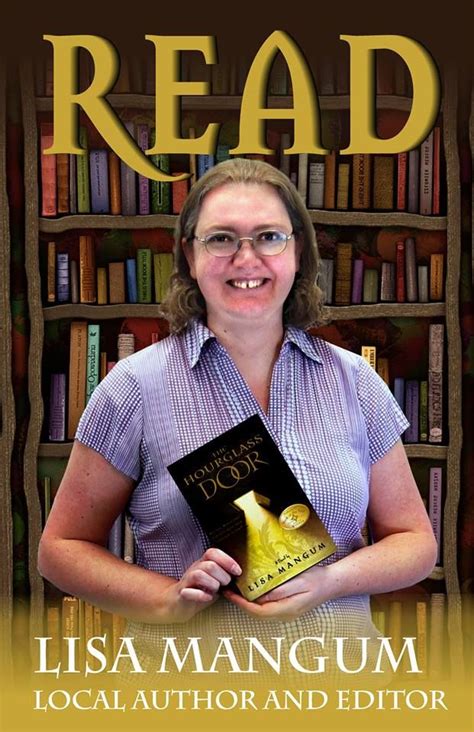A Quote by Jules Renard
Related Quotes
Thoughts and emotions which never perhaps were in the mind of the artist, never were anticipated, never were intended by him - may be strongly suggested by his work. This is an important part of the morals of art, which we must never lose sight of. Art is not only for pleasure and profit, but for good and for evil.
Spending money on art has always been frowned upon in this country - even earlier, when my and others' paintings cost almost nothing. Something is always more important. The people in charge are always peddling reasons that others seem to accept. Those who don't drink and aren't crazy, or who don't attract attention with how they behave in public, aren't noticed in art.
Yet again, the more you strive for some kind of perfection or mastery—in morals, in art or in spirituality—the more you see that you are playing a rarified and lofty form of the old ego-game, and that your attainment of any height is apparent to yourself and to others only by contrast with someone else's depth or failure.
Jonathan Meese is not interested in the history of reality. Everything radical and precisely graphic is sustainable. Human ideologies like religions and politics are based on the past and therefore irrelevant to art. Art always transforms radicalism of the past into the future. Art is always the total time machine. Jonathan Meese is interested in the history of the future. Art is never nostalgic.





































